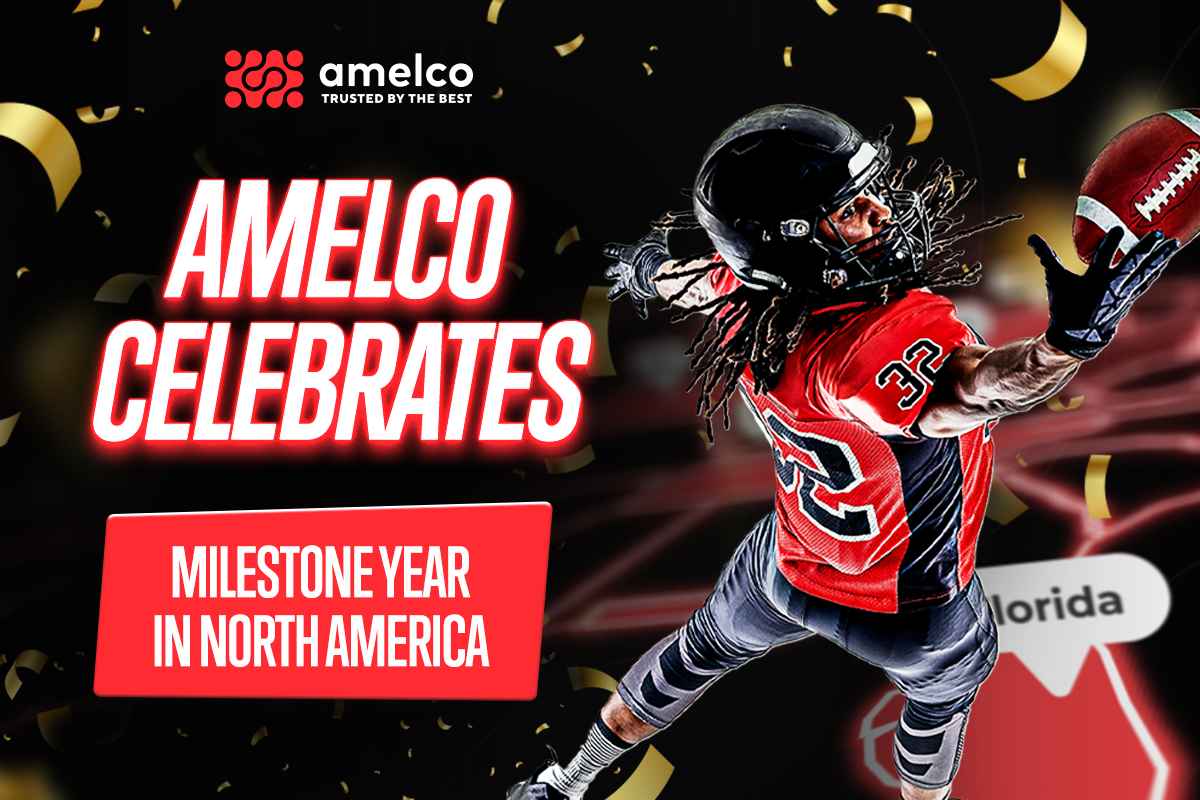
Vaulta and Ultra Embark on Strategic Partnership to Power the Future of Gaming and Finance
Vaulta, a scalable operating system powering Web3 Banking with fast, low-cost transactions and seamless blockchain connectivity, today announces a strategic partnership with Ultra, the one-stop destination for gamers, publishers, and developers.
This financial and technical alliance positions Ultra as Vaulta’s gaming arm and marks the next phase of Ultra’s ambition to lead the gaming space.
Together, Vaulta and Ultra will accelerate the creation of a full-service platform where digital assets can be tokenized, traded, and monetized across games, all powered by a fast, low-cost, and interoperable infrastructure. In addition to tokenized assets, this platform will also support decentralized marketplaces, cross-game integrations, and metaverse banking.
Gus van Rijckevorsel, CEO of Ultra, shared, “By 2030, the Web3 gaming market is expected to grow to $615 billion, outpacing both movies and TV exponentially and signaling a major shift in how consumers engage with their entertainment. To harness this potential, the gaming industry needs better infrastructure designed for publishers, developers, and gamers, and we’re here to deliver that. We’re laser-focused on creating the content and structural partnerships necessary to make Ultra THE gaming platform recognized by the gaming industry. Vaulta is a major brick on that path, and this partnership is a solid foundation on which we build the future of gaming and finance. And at the core of this lasting partnership is a mutual alignment on our long-term interests.”
This partnership supports Vaulta’s mission to drive innovation in tokenization and real-world asset integration,” said Yves La Rose, founder and CEO of Vaulta Foundation. “Ultra’s advanced gaming platform paired with Vaulta’s financial and DeFi infrastructure will enable decentralized marketplaces, cross-game asset utilization, and metaverse banking solutions. Positioning Ultra as Vaulta’s gaming hub provides a gateway to Gaming and GameFi opportunities to our community. At the heart of our collaboration is a shared ambition to elevate digital assets to the standards of traditional finance, empowering users with new financial opportunities powered by Web3.”
Convictions behind this partnership
-
A new definition of the modern player
Gone are the days when “player” meant just someone holding a controller. Ultra recognizes three types of players: gamers, viewers, and content creators, each with unique behaviors, needs, and expectations. In partnership with Vaulta, Ultra is building critical infrastructure to fit this new reality and serve all three player groups.
-
Every industry will have its own chain
Finance has Vaulta. Gaming has Ultra. Both chains are purpose-built and interoperable, aligning deeply with the needs of their respective audiences. Ultra is not adapting general-purpose tech. It’s building the backbone of the gaming industry from the ground up.
-
UOS will be THE gaming currency
Ultra is committed to establishing $UOS as the default currency for in-game transactions, rewards, and monetization across titles, platforms, and services. Just as the dollar dominates oil, $UOS will define value in gaming.
-
Access and consumption of games will change
Similar to how Netflix revolutionized film and Spotify transformed music, Ultra envisions a shift in how people access and engage with games. Gamers deserve immersive platforms. Developers desire tools and reach. Publishers demand data and performance. Ultra is building a complete ecosystem that puts them all first.
-
Crypto must be treated with the same standards as traditional finance
That’s why Ultra partners only with chains like Vaulta, ones that treat crypto with the same expectations as fiat: prioritising trust, utility, and transparency. Real utility demands real accountability.
-
AI will unlock the next layer of personalized gaming
AI isn’t just a feature, it’s a fundamental shift in how players should experience games. That’s why Ultra is embedding AI deeply into its ecosystem to serve three purposes: hyper-personalization, real-time gameplay guidance, and intelligent ecosystem interaction. Players won’t just play, they’ll be guided, supported, and understood.
Building the Infrastructure for the Next Era
As co-leaders in blockchain innovation, this partnership is fundamentally guided by a shared purpose to serve the future of gaming, combining Vaulta’s financial rails with Ultra’s user-first infrastructure.
The partnership aims to radically upgrade the outdated backbone of the gaming industry, delivering ultra-fast transactions, scalable gaming experiences, improved security, and new tools for developers and publishers.
Ultra serves three core clients – gamers, developers, and publishers – and everything it builds is made to serve their needs. Ultra is building a complete ecosystem that puts them all first. This partnership enhances that mission with sharper tools, smarter systems, and better outcomes for each.
Technical Exchange Details
The partnership will provide Ultra with access to:
-
Vaulta Spring framework: enabling improved scalability and security alongside a smoother user experience for its platform
-
Vaulta Banking OS framework: Offering enhancements in transaction speed and asset management, while giving Ultra’s gaming ecosystem access to the multi-chain interoperability (IBC) environment
In exchange, Ultra will provide Vaulta with:
-
Ultratest: A next-generation smart contract testing framework, which allows developers to launch faster and more securely
-
MSIG Signing Tool: A breakthrough in secure gaming transactions and digital ownership
-
Predicate System: Reduces gas fees to make blockchain gaming more affordable and accessible
-
HSM Signing Code hardware: Secure hardware signing for private key management
Broader Impact and What’s Next
This partnership isn’t just about technology exchange, it represents a broader alignment of values between two industry-first platforms. As blockchain adoption deepens across industries, Vaulta and Ultra are taking the lead in building the specialized infrastructure needed to serve real users at scale. The partnership unlocks new opportunities and standards for what’s possible in digital entertainment.
At the same time, it supports Vaulta’s broader goal of engaging directly with industry leaders to build the next iteration of global finance, through real use cases, real infrastructure, and real collaboration. More partnerships will follow in the coming weeks, all designed to unlock new use cases, drive innovation, and accelerate adoption across the digital economy.
This partnership follows Vaulta’s recent rebrand (previously EOS Network) and strategic alignment to Web3 Banking, and comes on the heels of key milestones in Ultra’s 2025 roadmap, including the closing of a $12 million round led by NOIA Capital and the key c-suite appointment of Maxime van Steenberghe as Ultra’s new COO.










